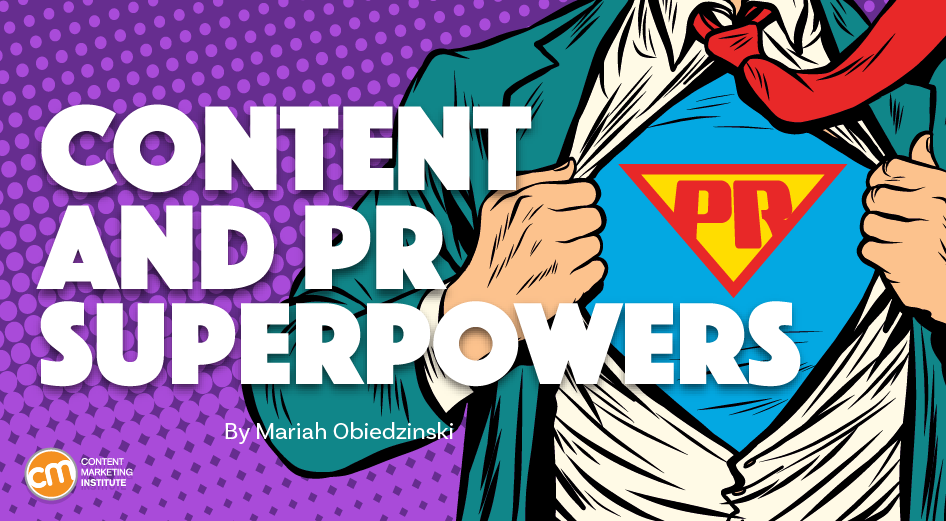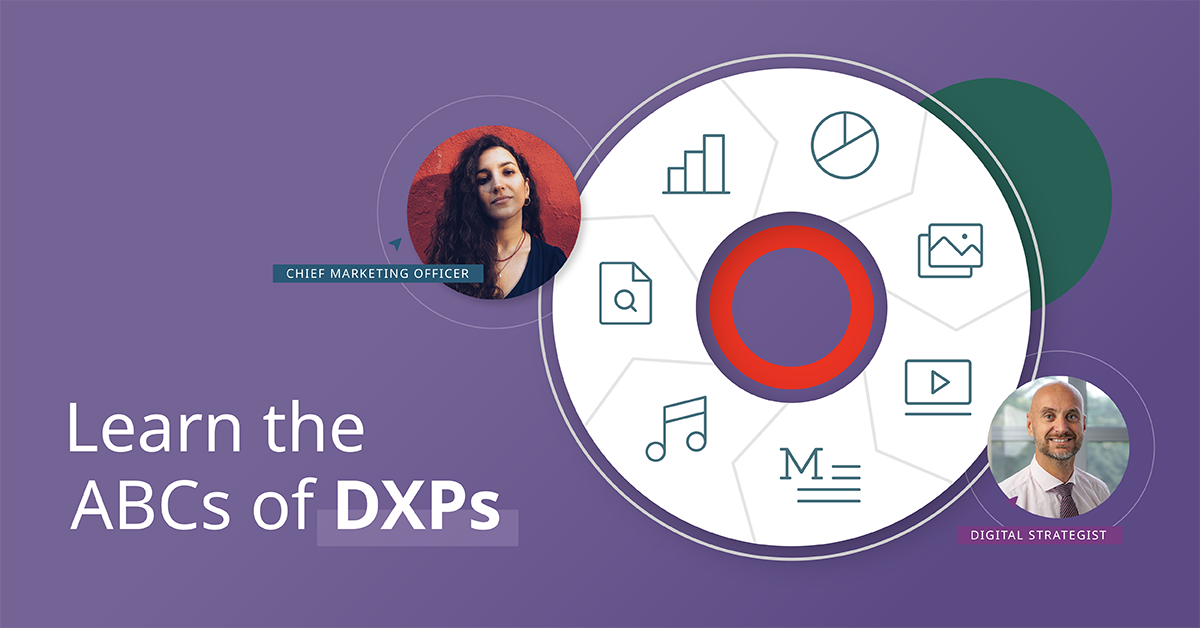Just as LeBron James has dominated NBA courts and conversation, Google has dominated search and content conversations since the turn of this century.
But LeBron isn’t the only player in the NBA. And Google isn’t the only player who refers traffic to websites.
A recent study by SparkToro and Datos sheds light on familiar sites that still deliver traffic to the wider internet.
The study aggregates and compares referral traffic from a massive dataset from an opt-in panel of people who shared their URLs between January 2023 and January 2024.
The results reveal opportunities for your brand to gain more traffic without requiring a blessing from the Google gods.
Focus on referral traffic to long-tail websites
SparkToro explored two categories of referral traffic:
- The 170 most visited sites in the United States
- “Long-tail” sites (i.e., all the rest)
Since most of your websites aren’t in the top 170, I’ll stick to the findings about long-tail sites. (Note: Don’t confuse the term “long-tail sites” with “long-tail keywords.” While the phrasing is similar, they aren’t related.)
Keep in mind that SparkToro’s definition of referrals goes beyond clicks on links or ads. It includes any visits that occurred during a browsing session — a period of active use. If someone listened to a brand’s podcast and typed the company’s URL into their browser, for example, the SparkToro research counts that as a referral.
Which sites send referrals to long-tail sites?
Google dominates referrals to long-tail sites, sending 72.48% of all referral traffic. So, making Google the center of your SEO strategy still makes the most sense.
But don’t stop there. If you do, you’ll miss out on lower-competition traffic opportunities.
Consider the next most popular referring sites:
- Bing and Microsoft sites (5.20%)
- Facebook (3.36%)
- Reddit (2.39%)
- YouTube (2.18%)
- DuckDuckGo (2.06%)
- Yahoo (1.99%)
- Cisco Duo and Okta (1.01%)
- LinkedIn (0.62%)
- Amazon (0.48%)
- Instagram (0.43%)
- Instructure (0.33%)
- Pinterest (0.32%)
- GitHub (0.29%)
- Discord (0.24%)
- Wikipedia (0.18%)
- Twitch (0.17%)
- MSN (0.16%)
- Fandom (0.12%)
- eBay (0.10%)
- OpenAI (0.10%).
But don’t stop there. The SparkToro report details the most generous referral sites for long tails. These domains send the most visitors to the long tail sites per 1,000 unique visitors to their own site. (In contrast, some sites that get a lot of traffic hardly send any referrals to other sites. WikiHow.com, for example, sends only 73 out of 1,000 users to other sites.)
Google remains the top referrer, followed by:
- DuckDuckGo
- Bing
- Yahoo
- Instructure
- Twitter sites
- Shopify
- YouTube
- DeviantArt
- Syf
- FoxNews
- Tumblr
- Patreon
- GitHub

You can use this data to update your search strategy by focusing on the most relevant referring sites. For example, unless you’re an educational brand, optimizing your content to get linked on Instructure.com wouldn’t offer any value.
Let’s explore some tips to help your content surface in the most generous referral sites.
Optimize for referrals from Bing and Yahoo
Bing doesn’t follow the Google ranking model. (You can test this by putting the same search phrase into both search engines). Its algorithm relies on different factors, or at least different nuances of the same factors.
This Semrush article explains what Bing considers when surfacing content for searchers. Bing doesn’t use semantic search to understand queries. Instead, it uses OpenAI technology to understand the context and user intent. Backlinks, both the quantity and anchor text, matter to Bing. It also favors links from .edu and .gov domains.
Bing emphasizes on-site optimization elements, including title tags, meta descriptions, headings, etc., and prefers exact-match domains. Social media performance also affects rankings.
Optimize for Bing by using those preferences. Focus on using exact keywords, not variations of the keyword, in your content, titles, meta descriptions, etc. Use an OpenAI tool like ChatGPT to assess whether your content hits the mark. (Paste in a copy of your content and ask ChatGPT to identify the keywords.)
These tips also work for discovery in Yahoo, which uses Bing’s search engine.
Get moving with DuckDuckGo
DuckDuckGo is a free search engine that protects the privacy of its users. Unlike Google, it doesn’t track a user’s data to deliver a more personalized experience. Its algorithm is simpler, and its results and referral links are more straightforward. It shows ads based on the searcher’s keywords, not their personal data.
Elegant Themes shares several tips to optimize your content for DuckDuckGo:
- Add location data to your website.
- Claim Apple Maps listings.
- Submit your sitemap to multiple search engines.
Location data indicates whether your business is relevant to the searcher’s location based on their device. Ensure your site includes your relevant business addresses. Also, make sure to claim your spot(s) on the Apple Map.
While that advice works best for brands with physical locations, the last tip works for any company’s website: Submit your site map to multiple search engines, including Bing.
Like Yahoo, DuckDuckGo indexes websites using data from Bing and other search engines, along with its DuckDuckBot crawler.
Don’t forget about Facebook
Last year, Facebook made headlines when it changed its algorithm, causing referral traffic to top news sites to plunge (a 62% drop between August 2022 and August 2023).
Yet Facebook remains a viable source of referral traffic. SparkToro’s research ranks the platform’s referrals per 1,000 unique users higher than any other social media platform.
To make the most of Facebook, share links to your relevant content. Customize the title, description, and thumbnail for your target audience and purpose.
Go all in on OpenAI
Though OpenAI.com — the parent site of ChatGPT — ranks No. 22 on the referral traffic list, the growth of generative AI likely means its impact will be higher in the coming year and beyond.
So, how do you get your site’s links to appear in a ChatGPT reply? I went straight to the source to find out. Here’s some of what ChatGPT shared:
- Incorporate relevant keywords naturally into your content.
- Develop comprehensive resources, such as guides, tutorials, or in-depth articles.
- Include internal links to your other relevant content.
- Ask the audience to share and link, as these signals increase the chance of your content being referenced in ChatGPT.
- Encourage user engagement through comments, questions, and discussions, as ChatGPT may reference those responses.
You can pare its advice to this — the mantra for all good content marketing: Write quality, in-depth content that provides value to an audience and motivates them to share it with their networks.
Monitor the impact
I’ve only scratched the surface of expansion strategies for your referral traffic strategy. Look closely at the list to see if any of the top referring sites (LinkedIn and YouTube) already relate to your distribution priorities. Double down on the work you’re doing there. If you’re growing a community around your brand, pay attention to Reddit, Discord, and Patreon.
Three months after implementing the changes in your referral strategy, look closely at your site’s analytics. Did your referral sources change in that quarter? Which platforms deliver more traffic than they did three months ago? Does one platform deliver a higher percentage of traffic?
If referral traffic sources haven’t changed significantly, don’t give up. It can take time to move up in rankings and earn links. Wait another six months — if you still don’t see an impact, consider bigger changes.
Cover image by Joseph Kalinowski/Content Marketing Institute




